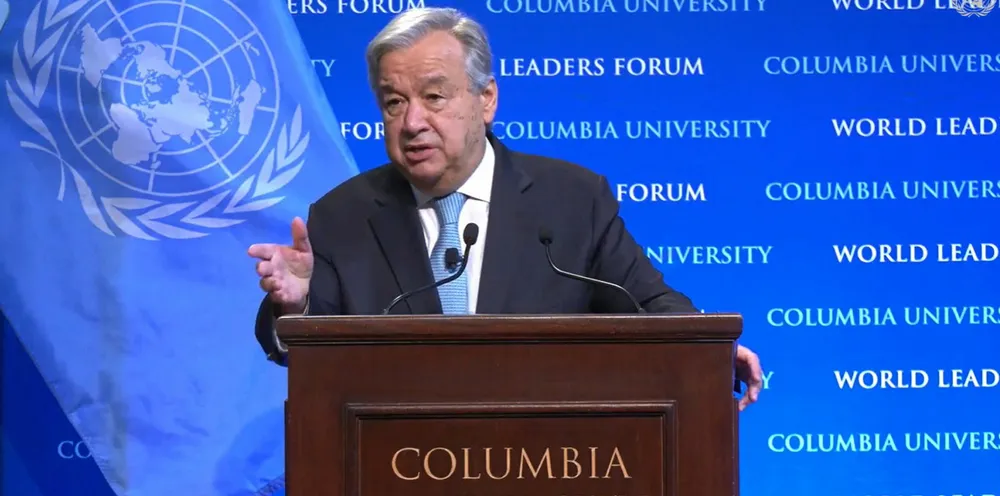'Humanity is waging war on nature', says UN chief, as report slams G20 nations for $233bn of fossil-fuel support
Climate fight requires a transformation of the global economy, says António Guterres — as UN-backed report points finger at leading economies
